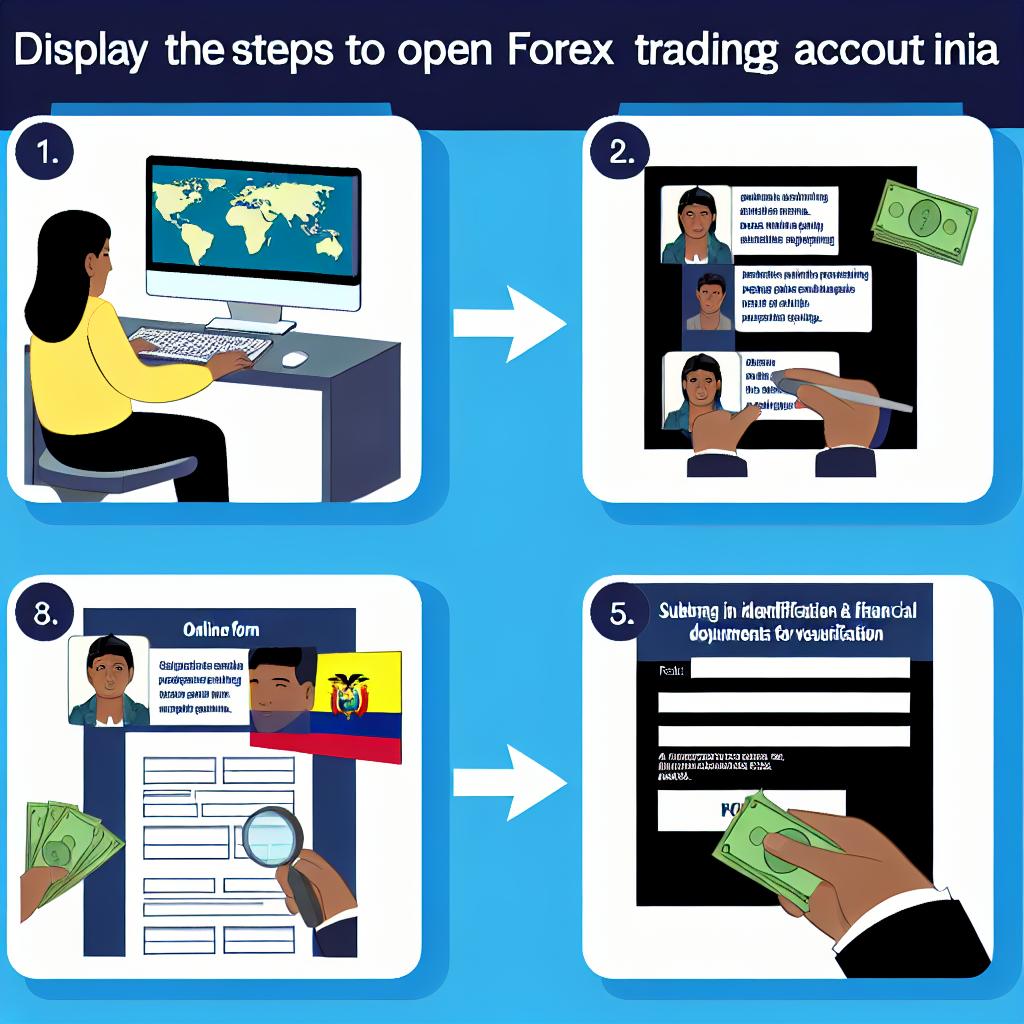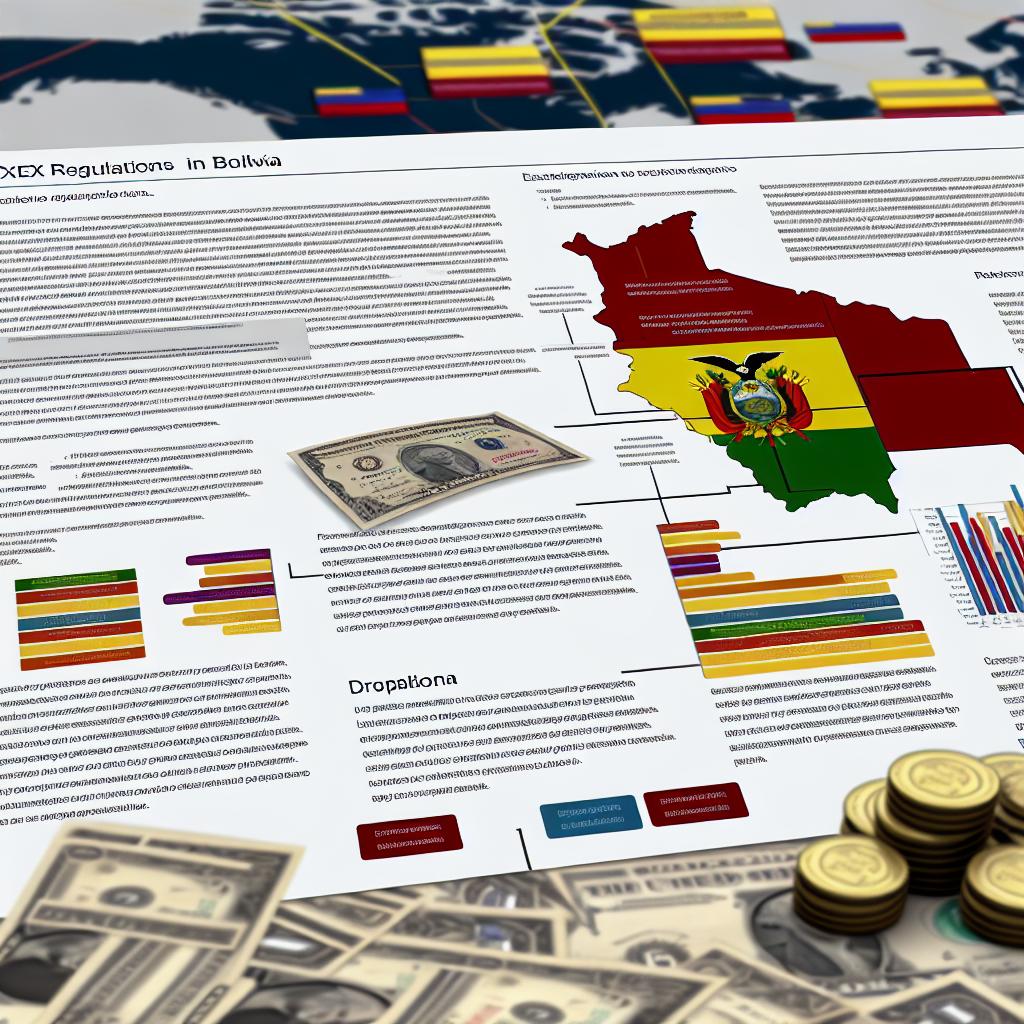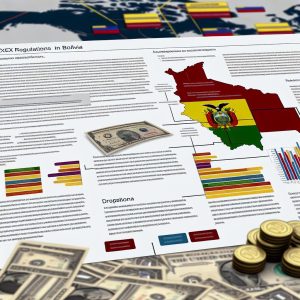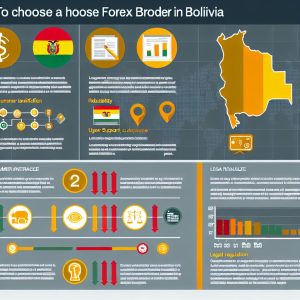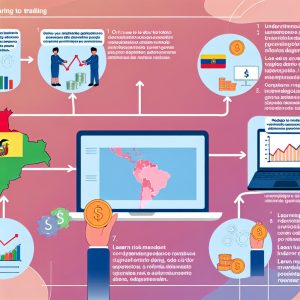Understanding the BCB’s Role in Forex Markets
Understanding the BCB’s Role in Forex Markets




The Central Bank of Brazil, commonly referred to by its abbreviation, BCB (Banco Central do Brasil), holds a central position in shaping the financial and economic landscape of Brazil. One of the key areas where the BCB exerts substantial influence is the foreign exchange (forex) markets. In this context, the BCB focuses its efforts on maintaining macroeconomic stability and ensuring that Brazil’s national currency, the real (BRL), behaves in a manner that aligns with the country’s broader economic goals.
The BCB’s Monetary Policy Framework
The BCB’s engagement in the forex markets is underpinned by its comprehensive monetary policy framework. The primary objectives of this policy are to manage inflation, foster economic growth, and ensure a sustainable level of employment. This framework provides the BCB with various tools to influence the exchange rate of the Brazilian real, although it formally adheres to a floating exchange rate regime.
Inflation Targeting and Exchange Rates
Since adopting the inflation-targeting framework in 1999, the BCB has focused on stabilizing prices by aiming for a specific inflation rate. Exchange rate fluctuations have a direct impact on inflation, particularly in Brazil, which relies heavily on imports for various goods and services. A weakening currency can drive up import prices, which in turn contributes to inflationary pressures. Therefore, the BCB may choose to intervene in the forex markets to mitigate excessive volatility in the exchange rate, which could otherwise destabilize inflation expectations.
Methods of Intervention
The BCB utilizes a variety of methods to intervene in the forex markets, employing both direct and indirect measures to shape market conditions.
Direct Market Interventions
Direct interventions involve the BCB actively buying or selling foreign currencies in the open market to influence the Brazilian real’s value. These transactions are generally aimed at moderating excessive volatility rather than fixing a specific exchange rate level. While historically, these interventions were typically unannounced to avoid speculative behavior, recent trends have seen increased transparency to reassure markets that the BCB’s actions align with broader economic goals.
Use of Derivatives
A notable tool used by the BCB in the forex markets involves currency swaps and other derivative instruments. Although these are not direct interventions, as they do not involve the direct buying or selling of spot currency, they do allow the BCB to impact liquidity and market expectations. Through these instruments, the BCB can inject or withdraw liquidity in foreign currency, which aids in the stabilization of the real.
Reserve Management
Strategic management of Brazil’s international reserves forms a critical aspect of the BCB’s approach to the forex markets. By maintaining a substantial reserve buffer, the BCB is better positioned to act during periods of significant market upheaval or external economic shocks, thereby bolstering market confidence.
Challenges and Limitations
Despite its critical role, the BCB encounters several challenges and limitations within the forex markets. These challenges include navigating external economic shocks, dealing with fluctuations in commodity prices that significantly impact Brazil’s economy, and grappling with geopolitical developments that can disrupt capital flows and currency stability. While the BCB aims to minimize exchange rate volatility, it must balance this ambition against the need to preserve reserve levels and avoid creating market distortions.
External Economic Shocks
External economic shocks can originate from numerous sources, such as shifts in global financial markets, changes in the monetary policies of major economies, or international trade tensions. These shocks can abruptly alter capital inflows and outflows, thereby affecting the BRL’s stability. The BCB must remain vigilant and ready to respond to such shifts to protect the economy from adverse impacts.
Commodity Price Fluctuations
Brazil is a commodity-exporting nation, heavily reliant on the agriculture and mining sectors. Prices for commodities such as soybeans, iron ore, and oil can be volatile, influenced by global demand and supply dynamics. This volatility can lead to fluctuations in export revenues and, consequently, impact the foreign exchange markets. The BCB must monitor these price changes closely to anticipate their effects on the exchange rate and broader economic stability.
Geopolitical Developments
Geopolitical events, including international conflicts, trade negotiations, and political stability within Brazil’s trading partners, can have profound effects on investor confidence and currency stability. These developments can lead to sudden changes in capital flows as foreign investors reassess risk and opportunities. The BCB must be adept at navigating these uncertainties to maintain confidence in the Brazilian economy.
Conclusion
The BCB’s role in the forex markets forms a pivotal part of its broader mandate to foster economic stability in Brazil. By carefully managing the exchange rate of the real through a range of tools and approaches, the BCB strives to mitigate external vulnerabilities and maintain a delicate balance between economic growth and price stability. While the BCB’s actions in the forex market often become the subject of debate, the fundamental objective remains to ensure a stable and predictable economic environment conducive to sustainable development.
Ultimately, the BCB’s effective handling of the forex markets requires a nuanced understanding of both domestic and international economic conditions. The interplay between inflation management, exchange rate interventions, and broader economic policy underscores the importance of the BCB’s role as a steward of Brazil’s economic future. As such, the BCB’s strategies and actions are crucial not only for the currency market but also for the overall health and stability of Brazil’s economy.
This article was last updated on: April 14, 2025


